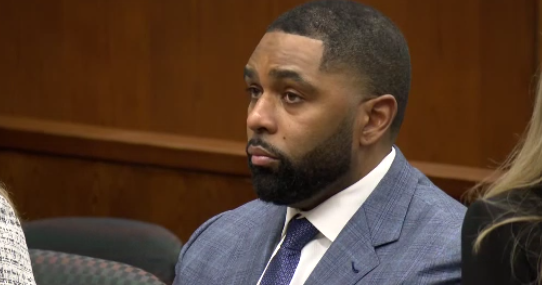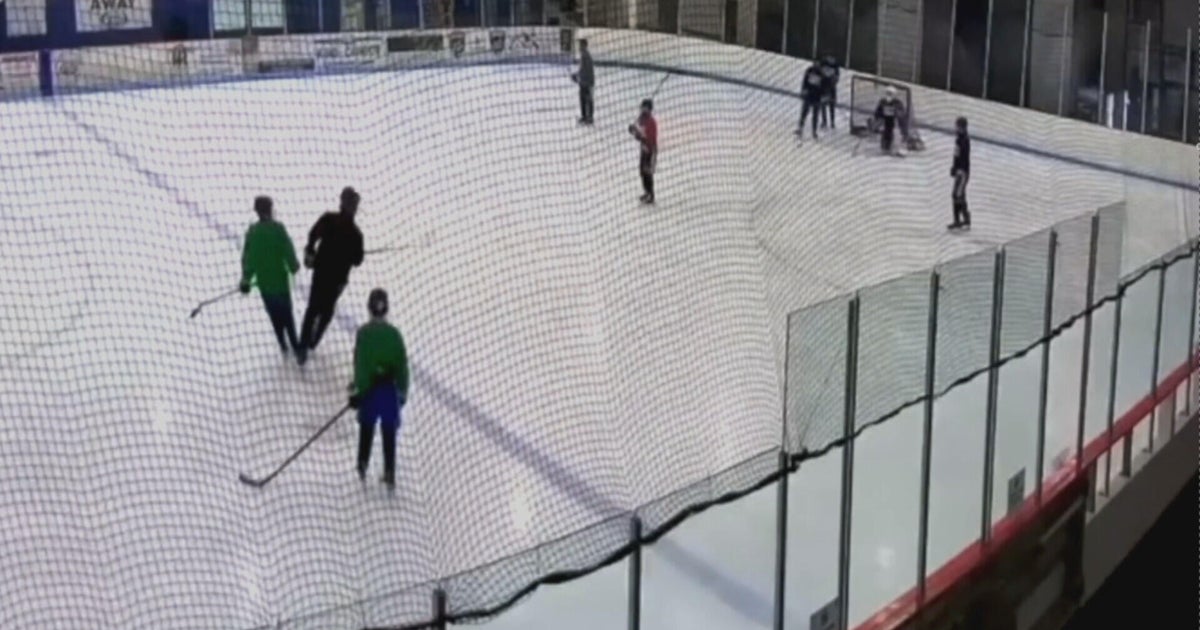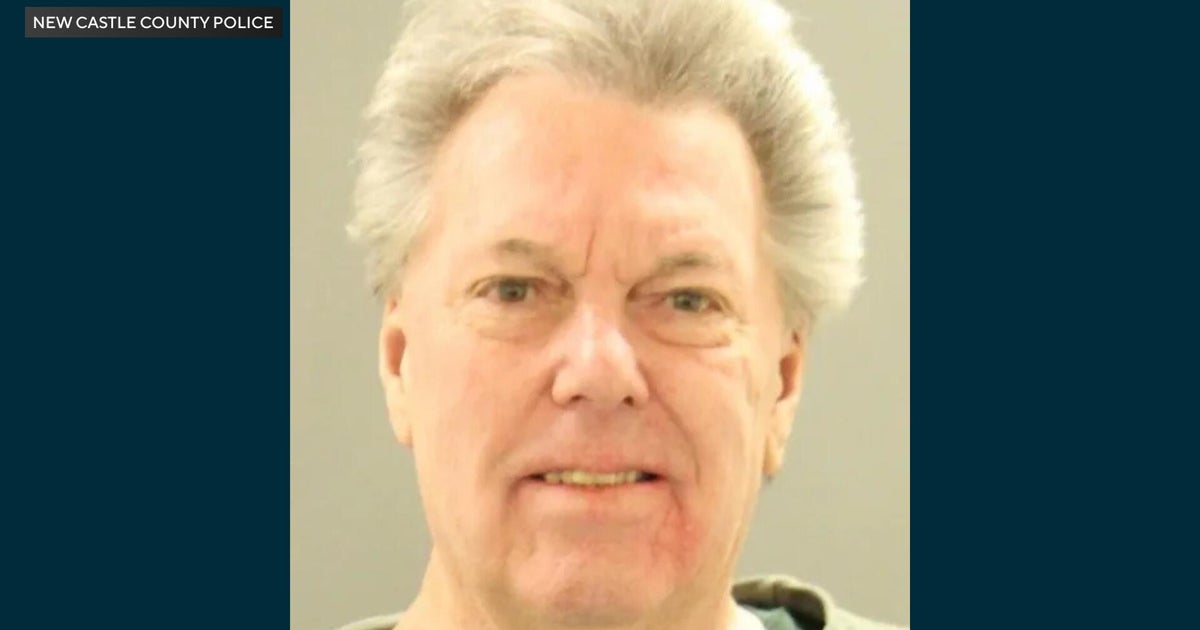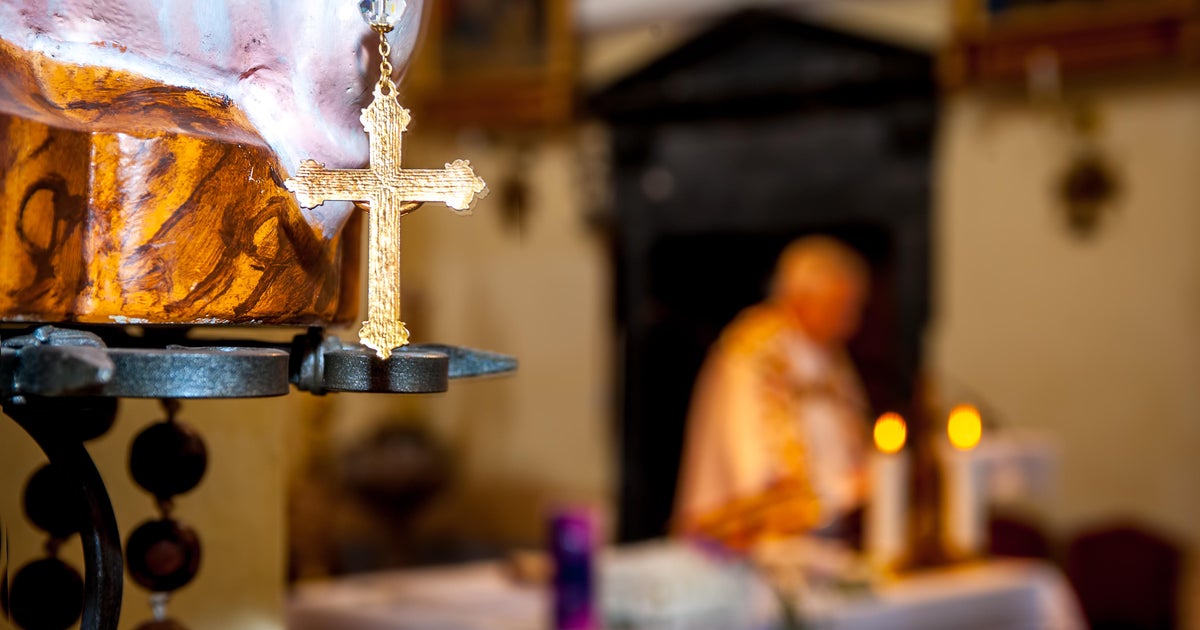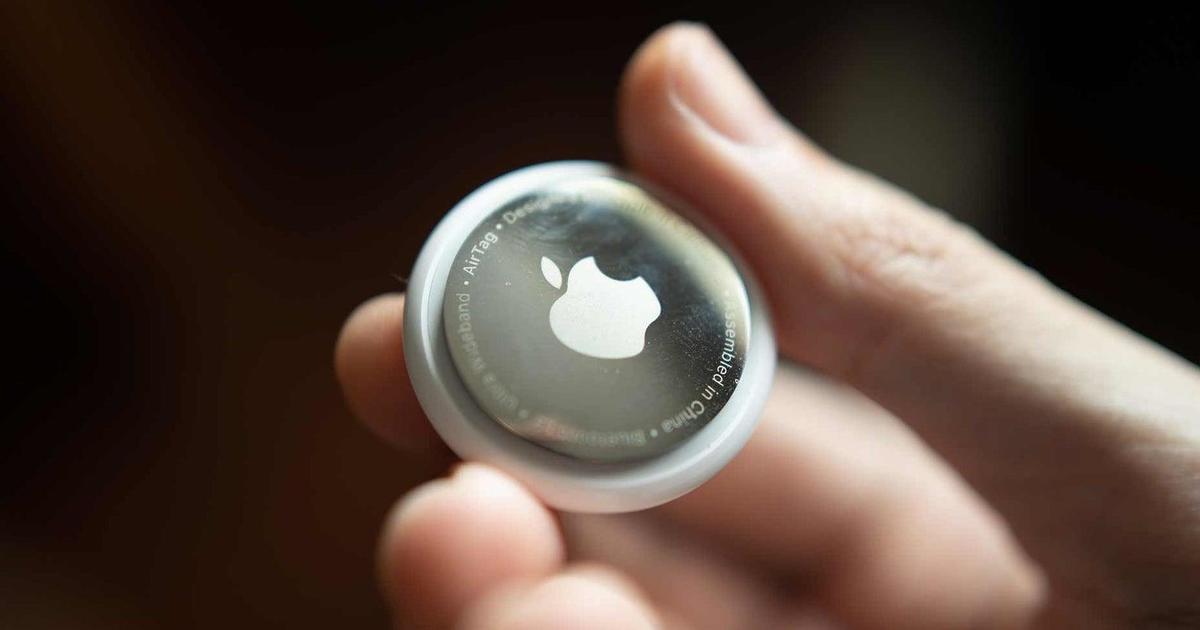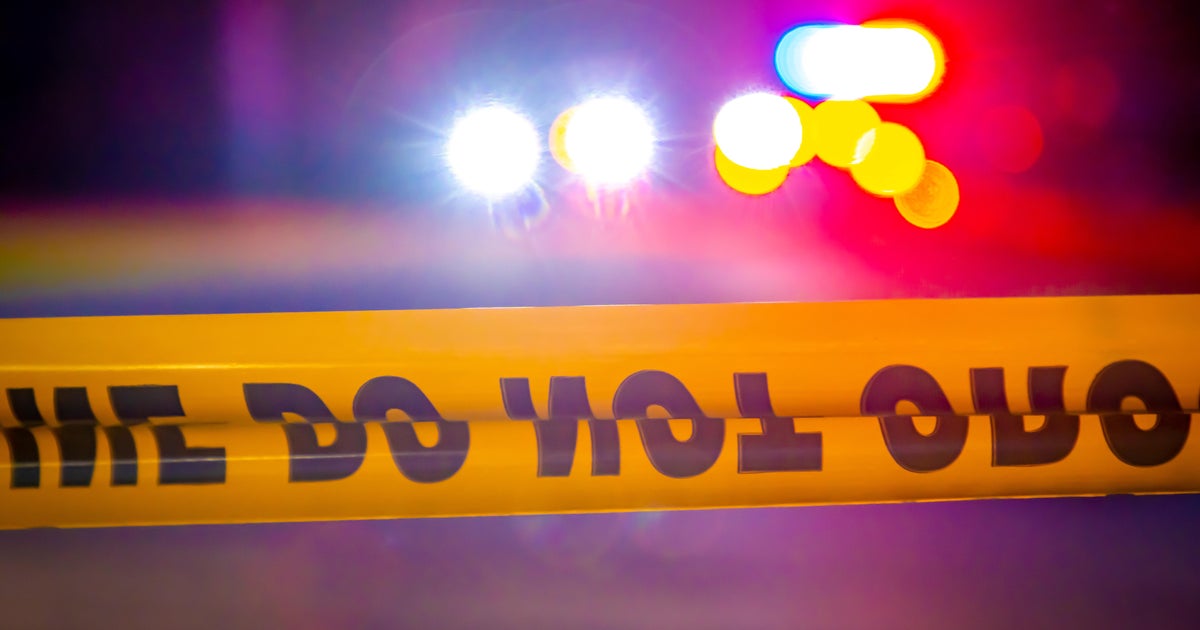Sandusky's Lawyer Preps For Hearing
PHILADELPHIA (AP) — As he defends a sports figure charged with sexually abusing 10 young boys, and manages a case that led to the firing of Penn State football coach Joe Paterno, defense lawyer Joseph Amendola has defied conventional wisdom and come out swinging.
He let his client, retired Paterno assistant Jerry Sandusky, get on the phone with NBC's Bob Costas. Then he put him through two days of interviews with The New York Times.
Amendola insists the 67-year-old coach is not the serial predator described by the grand jury, which charged Sandusky with dozens of counts of child sex abuse, including fondling and rape, dating to the mid-1990s.
Despite widespread criticism of his tactics, and questions about his own personal life, the Phi Beta Kappa graduate of Penn State says he's ready to face his client's accusers at a preliminary hearing Tuesday. About 200 reporters and spectators are expected at the hearing, when a judge will decide if there's enough evidence to hold the case for trial.
"I do have a strategy. There is a method to my madness," Amendola, 63, told The Associated Press on Saturday. "This has been a well-thought-out strategy."
His defense strategy has been, at a minimum, unorthodox. Legal experts are left wondering if Amendola, a small-town solo practitioner working in the glare of the national spotlight, is at loose ends — or crazy like a fox.
A daylong procession of young men are expected to testify Tuesday that they were sexually abused by Sandusky, the longtime defensive coordinator for Penn State's powerhouse football program and the onetime heir apparent to Paterno, major college football's winningest coach.
"As bad as it's going to be — and I don't have to tell you what the media frenzy's going to be, it's going to be crazy — but I think if we waive it, we're losing a really important opportunity for Jerry, who maintains his innocence," Amendola said.
The accusers say they were molested at Sandusky's home, on campus, on Penn State road trips and elsewhere. The scandal has provoked angry criticism that Penn State officials didn't do enough to stop the alleged assaults, and led to the ouster of both Paterno and the school's president, Graham Spanier.
In many criminal cases, both high- and low-profile, lawyers keep their clients quiet.
But Amendola put Sandusky on the phone with Costas, who asked if he were sexually attracted to boys. The retired coach paused, and pondered the question. Then the lawyer had to jump in when Sandusky bobbled the question a second time with the Times.
"If I say, 'No, I'm not attracted to boys, that's not the truth, because I am attracted to young people ...'" Sandusky said.
Amendola cut him off.
"Yeah, but not sexually! You're attracted because you enjoy spending time (with them)," he said.
"Right, that's what I was trying to say," Sandusky said, according to the Times' videotaped interview.
The exchange stunned many veteran trial lawyers.
"It was horrifying to me that his lawyer let him speak to the press," Loyola Law School professor Laurie Levenson, a former prosecutor, said this past week. "It was so damaging. It was really sort of a suicidal act, legally, for him to give that interview."
A few, though, hold alternate views.
The conventional wisdom doesn't apply in pedophilia cases, when there's often a widespread presumption of guilt, said celebrity lawyer Mark Geragos, whose clients included Michael Jackson and O.J. Simpson. Lawyers sometimes have to take an unorthodox path, he said.
"You get a presumption of innocence if you're famous; you get a presumption of guilt if you're infamous," Geragos said.
"I haven't seen recently a presumption of guilt this quickly, without any evidence out there that's been cross-examined," he said. "When that happens, it's very difficult to deal with."
___
If nothing else, Amendola has at least made clear that he won't be intimidated by the public outrage over the case. At the same time, he may privately be trying to show Sandusky what he's up against.
"If the client says he wants to fight the case, then the lawyer really can't waive (the preliminary hearing)," said Richard DeSipio, a former sex-crimes prosecutor in Philadelphia. "It also helps sometimes, to talk to your client afterward and say, 'Look, you saw these people, they're believable. ... Do you want to go to trial? Are you nuts?'"
The accusations have not only cost Paterno and the university president their jobs, but have also cast a pall over the city of State College, nicknamed Happy Valley, and tainted the football program.
Some of the alleged attacks occurred in the locker room or during team road trips, once to a bowl game. And Sandusky allegedly targeted the most vulnerable of boys through his children's charity, a cause that had made him a local bigwig after his 1999 retirement from Penn State. He showered them with gifts, trips and other special attention as he groomed them, investigators said.
"It's run of the mill for how these (child sex-assault) cases go down, except for the person involved. That's the only difference I see," said lawyer Slade McLaughlin of Philadelphia, who represents the teen described as Victim No. 1 in the grand jury report.
His client has been emboldened to testify after hearing Sandusky in the news interviews. The teen told the grand jury he was sexually assaulted more than 20 times in 2007 and 2008, often in a basement bedroom at Sandusky's home.
"Hearing Jerry Sandusky's denials, that just strengthened his resolve that, on Tuesday, you're going to hear my side of the story," McLaughlin said.
The initial grand jury report listed eight alleged victims, six of whom testified before the panel and two of whom were then unknown, their alleged abuse reported by others. On Thursday, Sandusky was charged anew after two more accusers came forward in recent weeks. All 10 had met Sandusky as boys through his charity, The Second Mile.
Amendola can cross-examine the accusers as he seeks to lock in their stories, in what he called a "kind of a free discovery opportunity." He expects each known victim will have to testify.
"And one isn't sufficient, because you have eight separate incidents ... with eight separate alleged victims or accusers," Amendola said this week, referring to the first batch of victims.
Given his courtroom style, he is expected to be diligent but not aggressive in questioning the young men. In Centre County legal circles, Amendola is known for a calm, even polite demeanor that should work in his client's favor. Juries don't want to see alleged sex-abuse victims grilled on the witness stand, experts say. Still, he can ask if they've hired lawyers and plan to sue, to suggest financial motives.
On the flip side, prosecutors can seek to raise Sandusky's $250,000 bail when the testimony concludes. Sandusky is currently on house arrest.
"If it's even worse than it appeared in the grand jury report ... if it was more violent, the judge could raise the bail," DeSipio said.
___
Amendola's longtime area ties could also help with the jury if the case goes to trial.
A Philadelphia-area native, he earned a degree in history from Penn State and a law degree from Georgetown University.
Amendola started his legal career in the fast-paced Philadelphia district attorney's office under then-D.A. and future U.S. senator Arlen Specter. Before long, he returned to his college town, where he has spent three decades honing a reputation as a skilled, if decidedly unflashy, criminal lawyer.
He has tackled the usual stream of local cases, from drunken-driving charges, including that of a local superintendent, and of his third wife, who recently completed a year of pretrial probation; to a local doctor charged with overprescribing drugs, who received probation after Amendola steered him toward a plea of guilty but mentally ill.
The lawyer also scored a victory in the high-profile rape case of former Penn State football player Austin Scott, who was charged with sexually assaulting a woman at his apartment during the 2007 season.
Amendola quickly spun his client's side of the story.
"Austin Scott is an innocent man who has been falsely accused of sexual assault by a woman who sought out his affections, came to his apartment at her request, and engaged in consensual sex," he said in a statement after the arrest. "When this woman left Austin's apartment, they embraced and kissed goodbye."
Prosecutors dropped the Scott case the following spring over credibility issues with the accuser, a fellow student. Scott, who never played college ball again, later sued the school, campus police and prosecutors over his dashed NFL dreams. A federal judge dismissed the suit this year.
The Sandusky case comes at a difficult personal in Amendola's personal life. He and his third wife, the former Mary Iavasile, are in the midst of a divorce.
The marriage raised eyebrows given their age differences and backgrounds. She had worked as an intern at his law office in 1998, when she was 16. Amendola, then 50 and in a long second marriage, represented her in a petition to emancipate herself from her parents. Iavasile cited her $12,000 salary from the firm, and said she had graduated high school in two years, to show she could support herself. The petition was granted.
She had two children with Amendola before they married in 2003. The couple — who actively supported The Second Mile, like many others in town — filed for divorce last year.
Now the Sandusky case is all-consuming for Amendola, who has faced taunts and harassment for his affiliation with the case.
"He's already lost in the court of public opinion. The only fight that really matters right now is the one in that courtroom," Levenson said.
Copyright 2011 The Associated Press.
